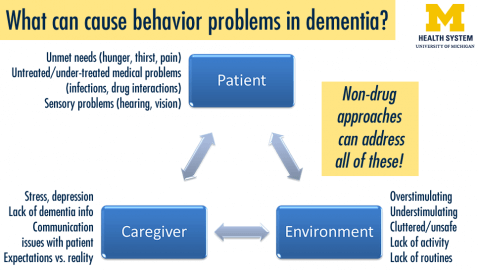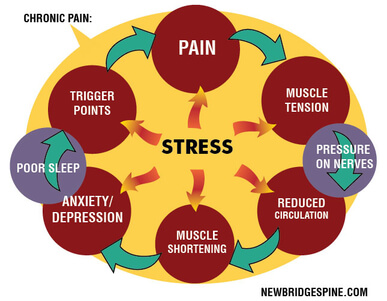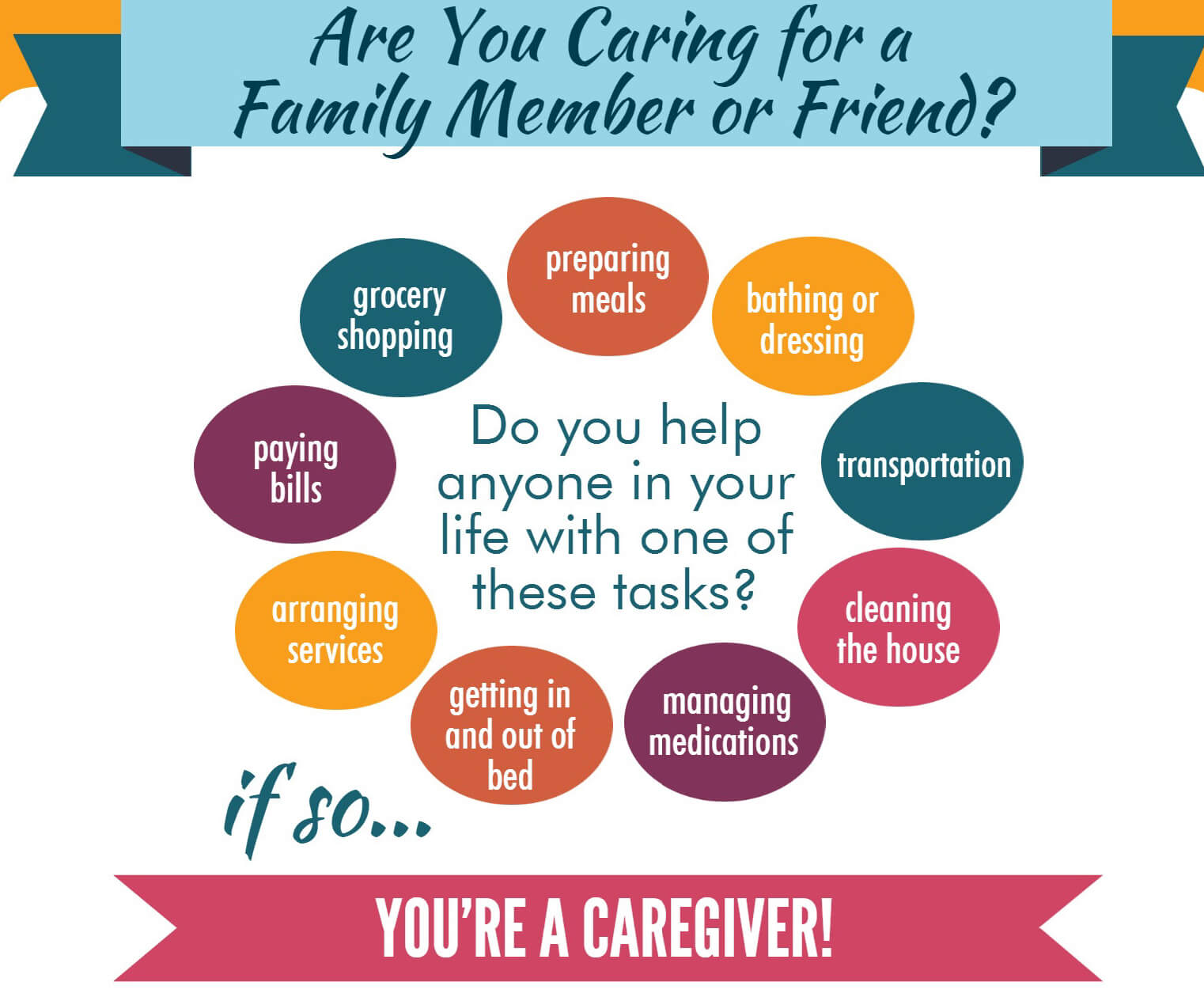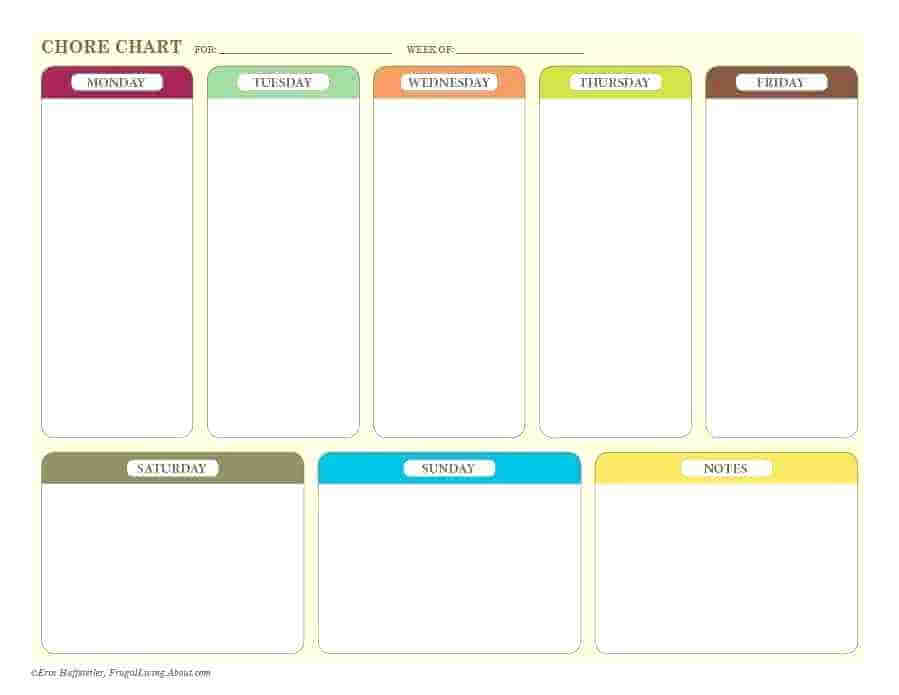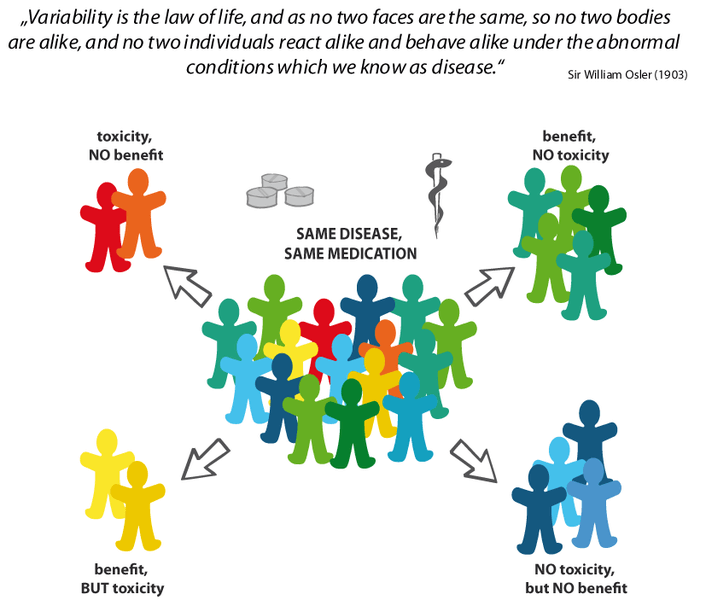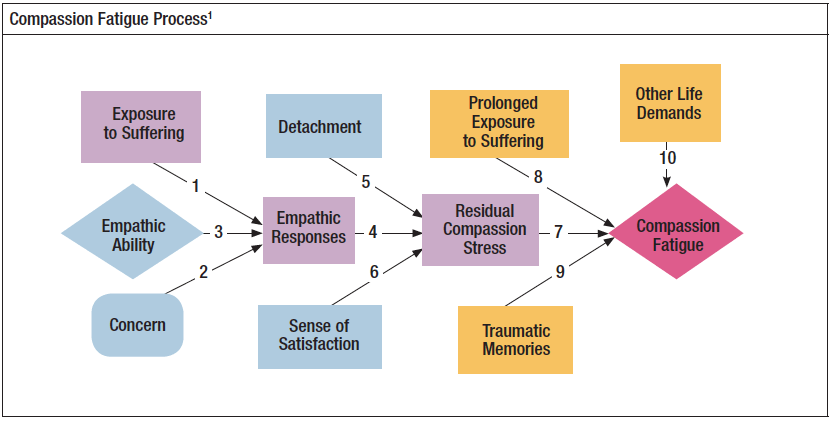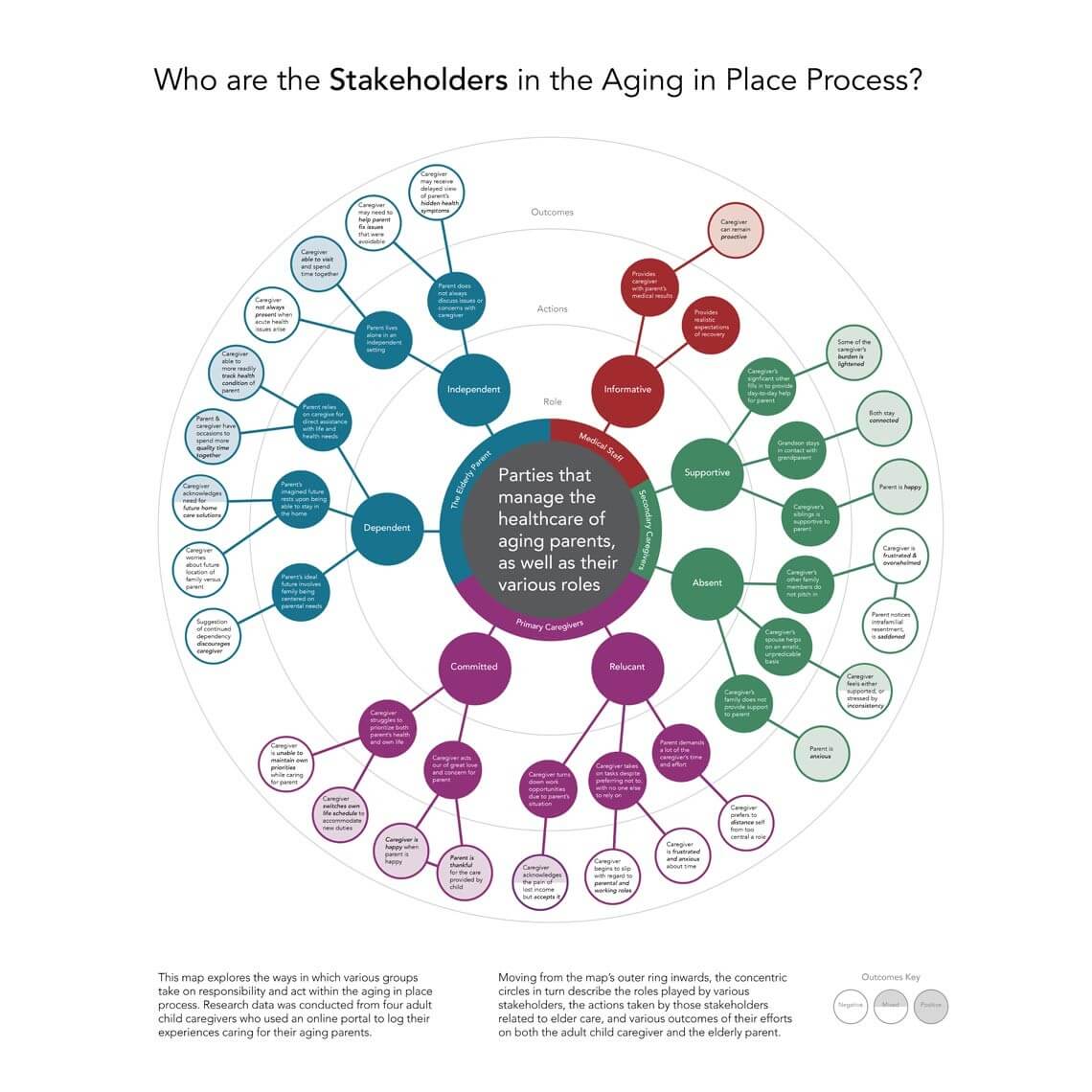
Dementia, Alzheimer’s disease = Brain failure
Many people know the terms dementia and Alzheimer’s disease, but what do those words actually relate to so that we can understand what is happening? I believe that the most appropriate phrase is brain failure.
Areas of the brain are failing. The brain cannot function properly. Some of the nerve cells stop functioning, lose connections with other cells and eventually die. Part of the brain is affected. It is because of the brain changes that your loved one loses abilities.
There will be “moments” that they are in the present and aware of
what is going on around them. They may even be aware that “something is just not right” with them. And the family gets all excited and tries to keep them oriented to person (themselves, friends and family), place (where they are), and time (knows day/date). The clarity may last for a few minutes, to an hour or more. But, then it always reverts back. And the family is sad, frustrated, angry and all of the other emotions that arise. Grieving rears its ugly head too.
Let folks with Alzheimer’s live in their moment, whenever that may be
I know that everyone is looking and waiting for the next “moment of clarity.” What if it never comes again? Your loved one is living in their moment, whatever that may be for them. They cannot live in your world, the “real” world. It’s not that they don’t want to, they can’t, their brain is failing and you have to go to their moment. Stop trying to orient them to time, place, & people. Just meet them where they are. Look for the good (anything positive or good) where they are, at the moment. Stop correcting, stop questioning, and stop getting frustrated in their presence. They WILL pick up on your feelings of frustration, anger, sadness and anything else you are feeling. They cannot stop the changes in the brain.
Some have asked about why they are seeing different things in their loved one versus another person’s loved one. Because the part of your loved ones brain failure may be in a different place than another’s. The things you will see are because of the changes in the brain.
Look at the diagram below for names and areas of the brain.

Dementias Affect the Brain
Parts of Human Brain
The following information is from Very Well Mind, Kendra Cherry 4/4/2019
The cerebral cortex can be divided into four sections, which are known as lobes (see image). The frontal lobe, parietal lobe, occipital lobe, and temporal lobe have been associated with different functions ranging from reasoning to auditory perception.
-
- The frontal lobe is located at the front of the brain and is associated with reasoning, motor skills, higher level cognition, and expressive language. At the back of the frontal lobe, near the central sulcus, lies the motor cortex. This area of the brain receives information from various lobes of the brain and utilizes this information to carry out body movements. Damage to the frontal lobe can lead to changes in sexual habits, socialization, and attention as well as increased risk-taking.
-
- The parietal lobe is located in the middle section of the brain and is associated with processing tactile sensory information such as pressure, touch, and pain. A portion of the brain known as the somatosensory cortex is located in this lobe and is essential to the processing of the body’s senses.
-
- The temporal lobe is located on the bottom section of the brain. This lobe is also the location of the primary auditory cortex, which is important for interpreting sounds and the language we hear. The hippocampus is also located in the temporal lobe, which is why this portion of the brain is also heavily associated with the formation of memories. Damage to the temporal lobe can lead to problems with memory, speech perception, and language skills.
-
- The occipital lobe is located at the back portion of the brain and is associated with interpreting visual stimuli and information. The primary visual cortex, which receives and interprets information from the retinas of the eyes, is located in the occipital lobe. Damage to this lobe can cause visual problems such as difficulty recognizing objects, an inability to identify colors, and trouble recognizing words.
The cerebellum – Sometimes referred to as the “Little Brain,” the cerebellum lies on top of the pons behind the brain stem. The cerebellum is comprised of small lobes and receives information from the balance system of the inner ear, sensory nerves, and the auditory and visual systems. It is involved in the coordination of movements as well as motor learning.
The cerebellum makes up approximately 10 percent of the brain’s total size, but it accounts for more than 50 percent of the total number of neurons located in the entire brain. This structure is associated with motor movement and control, but this is not because the motor commands originate here. Instead, the cerebellum serves to modify these signals and make motor movements accurate and useful.
For example, the cerebellum helps control posture, balance, and the coordination of voluntary movements. This allows different muscle groups in the body to act together and produce coordinated fluid movement.
In addition to playing an essential role in motor control, the cerebellum is also important in certain cognitive functions including speech.

